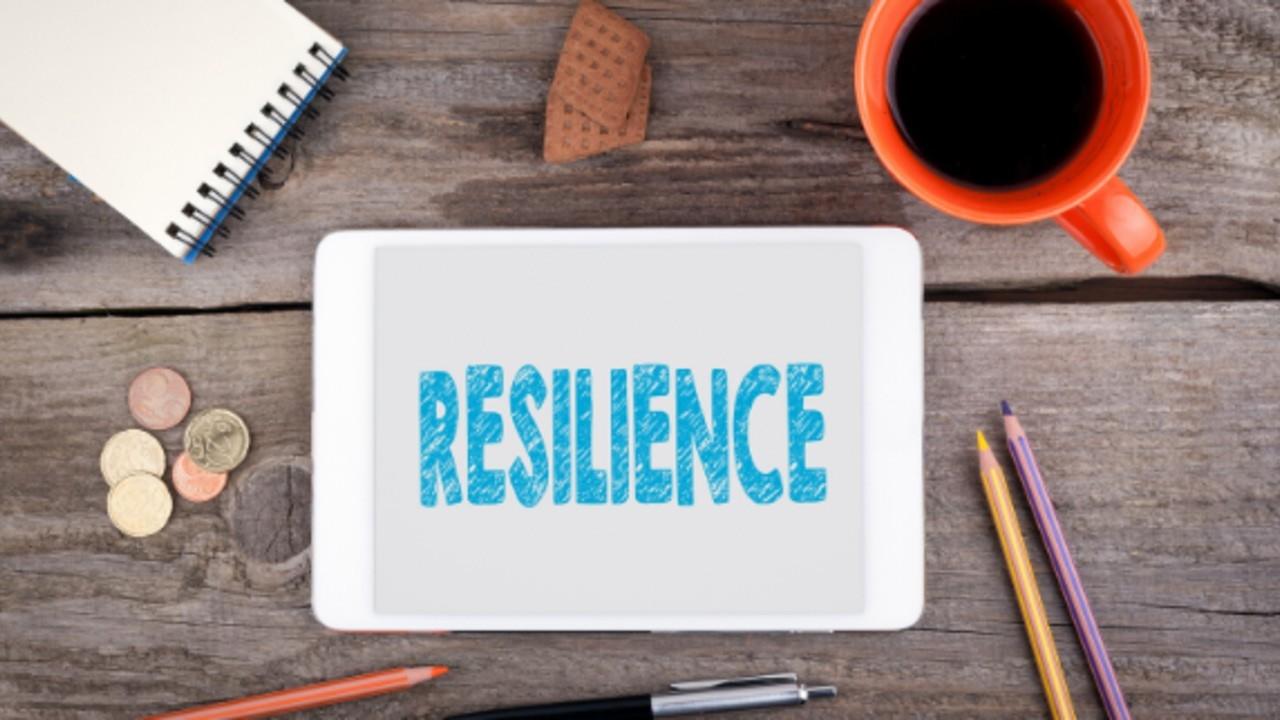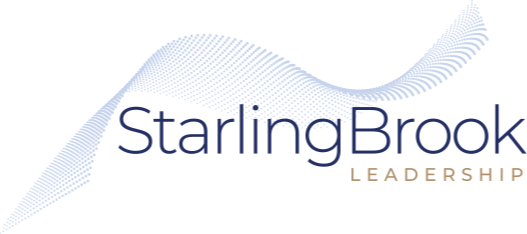COVID-19 - A Training in Resilience

The rapid spread of COVID-19 has unleashed a new reality, a new normal, that most of us are still trying to wrap our heads around. HR leaders have been dealing with disruption and transformation for quite a few years now, but the level of disruption and uncertainty they have been combatting, just over the past four weeks, is unprecedented.
Now, into the third week of self-isolation, the impact of COVID-19 hit me first back in January when it was wreaking havoc in China. With SARS and H1N1, I’d had first-hand experience on pandemic planning and emergency preparedness at hospitals when I worked in healthcare. COVID-19 had all the tell-tale signs.
During the two pandemics I’d encountered in my lifetime, I came at the crises from an HR perspective and had to gear my thinking quickly towards how our workforce was going to be affected. Back then, when we were pandemic planning, we didn’t have work-from-home options. The technology was simply not there. Back then, HR was thinking about how workers were going to be able to come to work the next day.
As an entrepreneur, the possibilities of where COVID-19 was heading (from a work perspective) became a reality in January. In early March I was due to travel to the US to train participants of a global leadership program. My client, the organizer of the program, and our team were glued to the news and felt that this was going to affect the world significantly. But I kept hoping that it wouldn’t be as bad as we thought. I kept hoping that, even though some countries were shutting down, we’d be able to carry on the training as usual. I also hoped that I’d be back home in Toronto before March ended.
What did not hit me was the magnanimity of this pandemic. I never expected the lasting toll it would take on human lives and habits. None of us foresaw that countries across the planet were going to be under indefinite lockdowns and mass quarantines, that streetscapes everywhere would have the same haunting emptiness for days on end, that businesses would be pulling down their shutters, and that work from home would undergo a paradigm shift.
From February, some of the co-participants of the leadership program were beginning to reconsider not flying into the training as their countries were experiencing the virus sooner. We had started discussing virtual attendance. I’d conducted several 1 – 2-hour long webinars in the past, but training attendees of a long-term residency leadership program virtually was going to need a complete reconfiguration of processes that were on autopilot, pre-COVID.
In March, as travel bans were starting to emerge, it became obvious that the entire training would be held virtually. By then, I had left for New Jersey. Because we had a few weeks head start, we were able to plan a virtual training that ended successfully. Soon, I rolled out the virtual training to all my clients who were willing to try out this new way of work.
This experience gave me hope about three things. First, that everyone recognized the importance and value of human connection, even when governments were mandating physical distancing. Second, that leadership training is just as effective virtually, as it is in-person. And third, that organizations were being prudent in offering training to not just their leaders and employees, but also to families.
As I work primarily with HR leaders in organizations, I bear witness to how much their capacity has been stretched. They are the ones who are at the epicentre of the crisis management in their companies. Their entire focus is on what’s happening in and to their organizations. They’re the ones who are plugged in 24/7, checking their emails every second and are shouldering responsibilities for their employees.
This makes HR leaders the frontline workers of our organizations. They’re the ones at great risk of burnout, as they focus increasingly outwards rather than on themselves.
In crisis-mode, work-from-home adds another layer of challenge for HR leaders. With all their mental reserves depleted, they have little bandwidth left for their families.
Whether you’re an HR leader or not, resilience is the key to navigating these troubled times. In her 2014 book, “The Resilience Dividend: Being Strong in a World Where Things Go Wrong”, author Judith Rodin says that “Our interconnected world is susceptible to sudden and dramatic shocks and stresses: a cyber-attack, a new strain of the virus, a structural failure, a violent storm, a civil disturbance, an economic blow.” Therefore, “Building resilience—the ability to bounce back more quickly and effectively—is an urgent social and economic issue.”
In my practice, I ask HR leaders to do a few things to check for signs of burnout:
First, ask yourself, how aware are you of changes happening to the way you think or act? Sometimes, even if we’re aware of changes happening to us, in crisis-mode we only think about surviving one week, and then the next, and the next. But when do we stop? When does the loop end?
If you find yourself in a crisis-loop, give yourself a timeframe. For example, give yourself three days to focus on critical issues. At the end of three days, stop and give yourself some me-time. It’s important to remember that with the novel coronavirus, we’re not in a relay race. We’re training for a marathon. Marathon runners understand pace.
Second, how motivated are you to do something about it?
- To make work-from-home sustainable, it’s vital to have a start and stop, because otherwise there’s no delineation between personal and work time. Take micro-breaks, especially if you have kids at home who have switched to online learning. If you live with a partner, work out a schedule with them to have one person attending to the kids when they learn online, while the other person maintains office hours.
- For at least one hour every day, go tech-free. This is your personal time to spend with your kids, your partner, or in self-care. This is your time to reframe the narrative into a positive one. Engage in creating meals with your kids, go around the table naming one thing that you’re grateful for. Be cognizant of being negative. Catch yourself and bring yourself back to a positive thought. Bake, if it makes you happy.
- Work-from-home has given leaders a fertile opportunity to connect with their employees and their teams more deeply. This is a great time to check in with your teams more regularly. I’d encourage scheduling a video chat at least three times a week. It doesn’t always have to be a business check-in. It can be a quick wellbeing check, three mornings a week. A 9:30 check-in usually works for all, as kids settle into their learning routine. Take 30 minutes to ask your team a list of open-ended questions, for e.g. “what’s the one thing you appreciate about working from home?” or “what’s the one thing you’re struggling with most, right now?” Try to keep the chats free from talk of work. Acknowledge the challenges that people are going through. Don’t pretend like it’s business as usual. Start the chat with what’s going right. Not with a shit show.
- Notice how you sleep. If you wake up in the middle of the night and check your cellphone, it’s going to increase your anxiety level. Avoid this, by removing your cell phone from your bedside. Step out of bed and take a breath of fresh night air. Listen to music that calms you. Notice if your consumption of alcohol or marijuana has increased. If so, ask yourself what’s contributing to the increased usage.
Emotions are contagious. If you are mentally unsettled, its effects will ripple into the way you show up for your family and your employees. In times of panic, our fears force us to forget about what our choices are and what’s under our control. You may not have control over a virus, but you do have control over your emotions.
Here are some powerful and inspiring TedTalks that I have found immensely useful in helping deal with -
Anxiety:
- Brave Over Perfect: A Full Life Beyond Anxiety and Depression - Susie Rinehart - TEDx Boulder
- Addicted to the Answer - Anxiety in the Age of Information - Sheva Rajaee TEDx UCLA
- Living with High-Functioning Anxiety – Jordan Raskopoulos -TEDx Sydney
- Anxiety: It’s the New Adventure - Paula McGuire - TEDx Glasgow
- Sound Therapy for Anxiety and Stress - Jonathan Adams & Montana Skies - TEDx Telfair Street
Depression:
- Feeling good | David Burns
- Why we need to talk about depression | Kevin Breel
- The mindful way through depression: Zindel Segal
- Unconditional positive regard -- the power of self-acceptance | Michelle Charfen
- Conquering depression: how I became my own hero | Hunter Kent
General Mental Health Issues:
- All it takes is 10 mindful minutes | Andy Puddicombe
- Choices that can Change your Life | Caroline Myss
- How to make stress your friend | Kelly McGonigal
- The Secret of Becoming Mentally Strong | Amy Morin
- Happiness is all in your mind: Gen Kelsang Nyema
As I write this post from Vermont, I am separated from my family in Toronto. I am not sure at this point when I will return home. For me, my 15-minute daily meditation routine has helped stabilize my response to this crisis. There are a plethora of guided meditation apps out there to choose from. I use MindValley.
Resilience during unimaginable disruption helps create a thriving work culture, even when working from home. This is the time to bake it into the DNA of your organization and leadership style.
COVID-19 is forcing us to think creatively, as we work remotely. Companies that are embracing transparency, vulnerability and open channels of communication now are the ones with the most engaged and dedicated teams.

